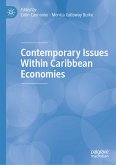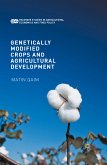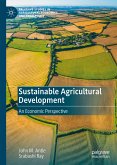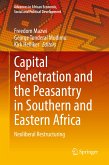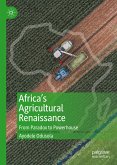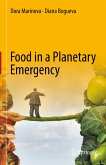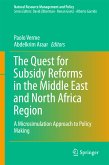Food Security in the Caribbean breaks down the concept of food security in all of its dimensions and critically analyzes the state of food security within four specific pillars: availability, access, utilization, and stability. Offering insights into key trends in food production, consumption, and access, the book combines data from the CARICOM Secretariat, Ministries of Agriculture, and other relevant institutions. Chapters highlight the historical and structural conditioning of the Caribbean agriculture sector as an exporter of select tropical commodities and overreliance on imports for domestic food consumption.
Chapters critically examine the fitness of purpose of regional and national institutional frameworks, investment in infrastructure, land reform, and the development of appropriate agricultural research, technology, and extension systems. There is an examination of the role of neoliberal policies and the directives of international funding institutions. The authors also address important and emerging challenges posed by COVID-19 and supply chain issues resulting from international conflicts, such as the one in Ukraine.
This is an invaluable resource for economic researchers, policymakers, practitioners, and students interested in addressing the complex challenges of food security in the Caribbean region and beyond.
Donovan Stanberry is Campus Registrar of the University of the West Indies in Mona, Jamaica.
Lystra Fletcher-Paul is a former lecturer in Biometrics at the University of the West Indies in St. Augustine in Trinidad and Tobago.
Dieser Download kann aus rechtlichen Gründen nur mit Rechnungsadresse in A, B, BG, CY, CZ, D, DK, EW, E, FIN, F, GR, HR, H, IRL, I, LT, L, LR, M, NL, PL, P, R, S, SLO, SK ausgeliefert werden.



